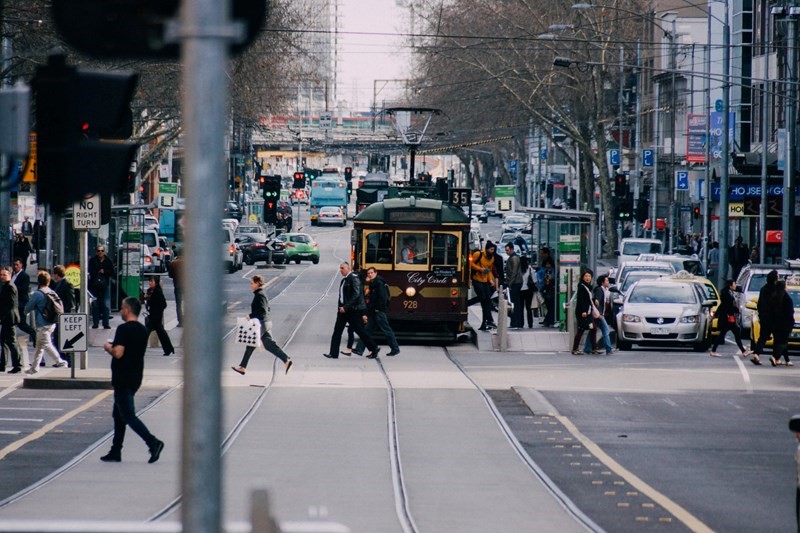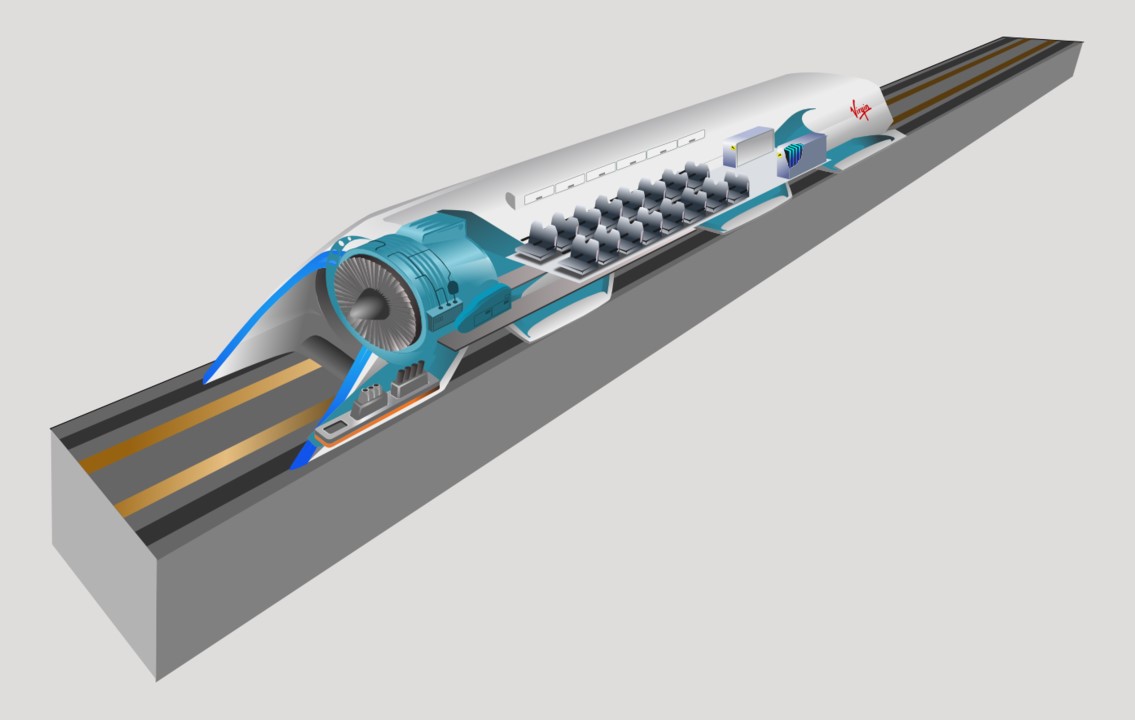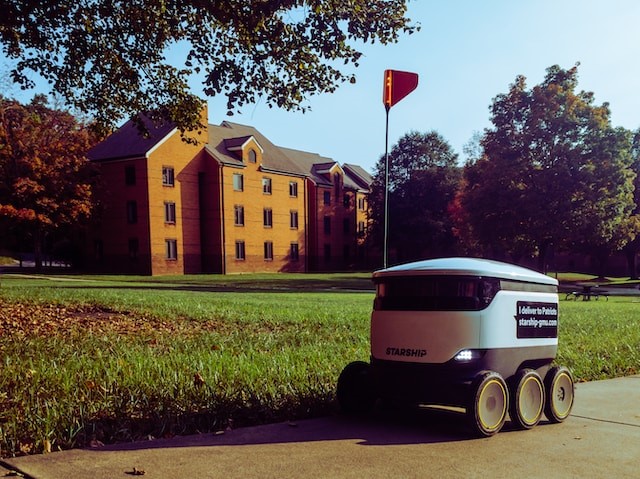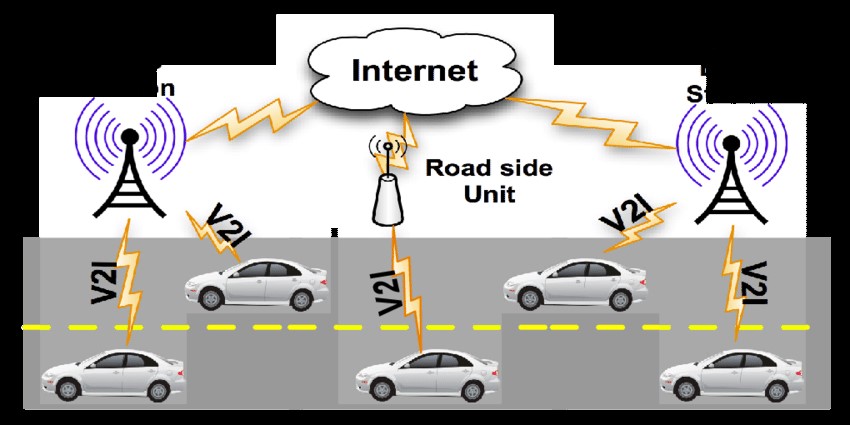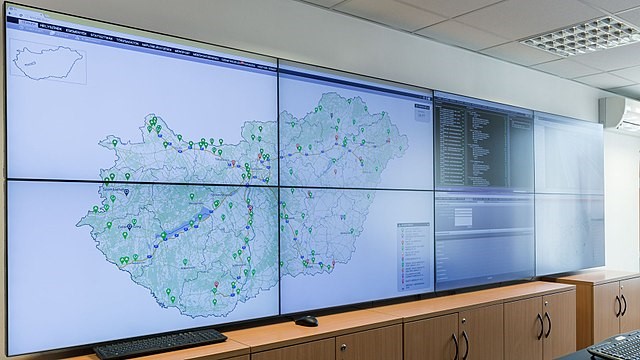Smart Traffic Management
Smart traffic management refers to the use of technology and data analysis to optimize the flow of traffic on roads and highways. It involves the use of sensors, cameras, and other devices to collect real-time data on traffic conditions, and the use of algorithms and artificial intelligence (AI) to analyze the data and make real-time decisions to optimize traffic flow.
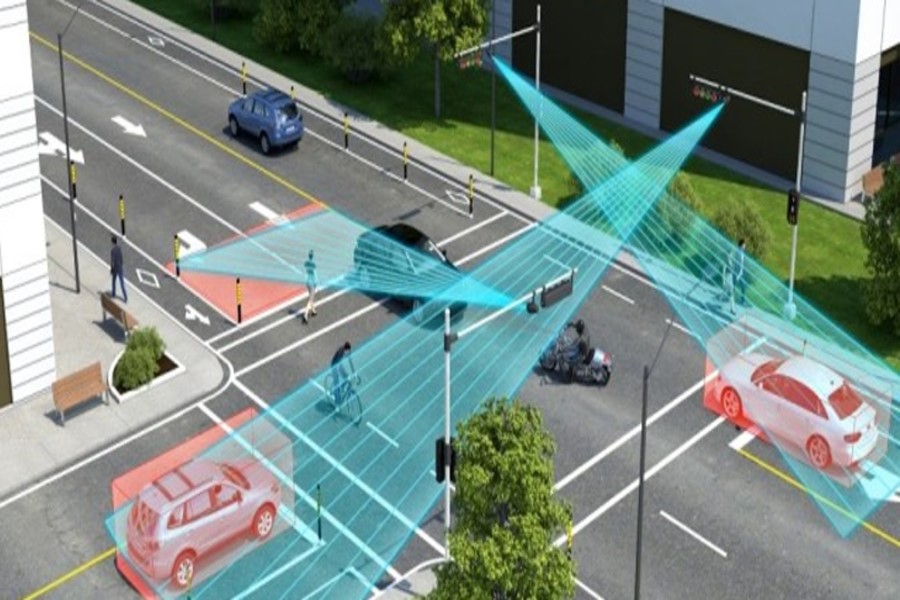
Figure 1. Smart Traffic Management [1]
Some examples of smart traffic management techniques include:
Dynamic traffic signaling: Traffic signals can be programmed to respond to real-time traffic data, adjusting the timing of red and green lights to optimize traffic flow and reduce congestion.
Intelligent transportation systems (ITS): ITS can provide drivers with real-time information on traffic conditions, allowing them to make informed decisions about their routes and avoid congestion.
Connected vehicles: Vehicles equipped with sensors and connected to the internet can communicate with each other and with traffic management systems, allowing for real-time traffic data and optimization.
Predictive analytics: Predictive analytics can use historical traffic data and machine learning algorithms to predict traffic patterns and identify potential congestion points before they occur.
Smart traffic management has several potential benefits, including:
Reduced congestion: By optimizing traffic flow in real-time, smart traffic management can reduce congestion on roads and highways, reducing travel times and improving productivity.
Improved safety: By providing drivers with real-time information on traffic conditions and potential hazards, smart traffic management can improve safety on the road.
Reduced emissions: By reducing congestion and optimizing traffic flow, smart traffic management can also reduce emissions from vehicles, improving air quality and reducing the environmental impact of transportation.
Cost savings: By reducing congestion and improving traffic flow, smart traffic management can also reduce the costs associated with traffic congestion, such as lost productivity and increased fuel consumption.
Overall, smart traffic management is an important tool for improving the efficiency and safety of transportation systems, and it is likely to play an increasingly important role in the future of transportation.
References:
- https://greenipservices.com/intelligent-traffic-management-system/
Cite this article:
Hana M (2023), Smart Traffic Management, AnaTechMaz, pp.130





